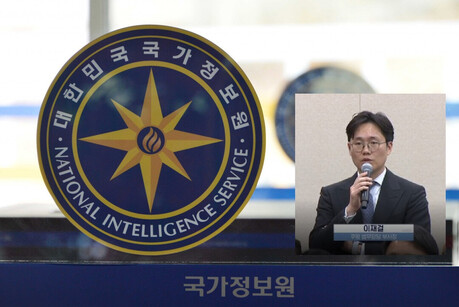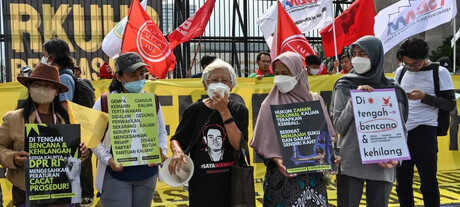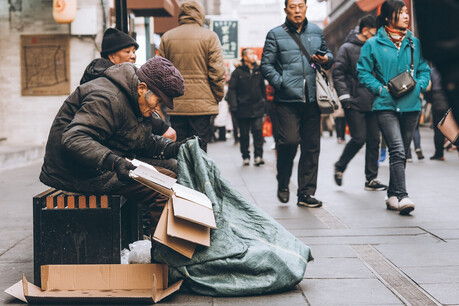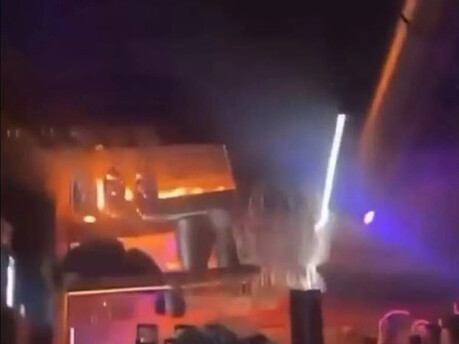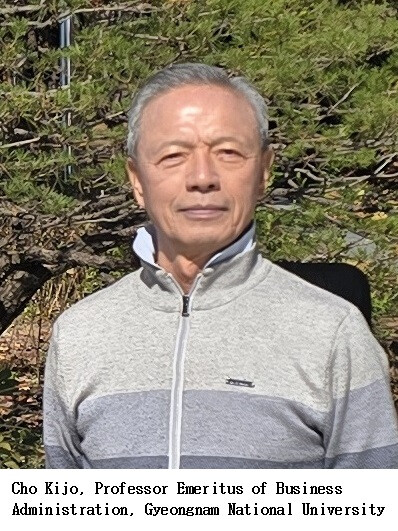
There was a movie called Parasite (기생충). This award-winning film lifted the semi-basement to the ground level. A semi-basement is neither fully above nor fully below ground, but it is certainly not above ground. The film also suggested that the difference that emerges when the rich and the poor first come close is smell. Smell is a difference related to affluence. This is because it is determined by what one eats, wears, and how one washes. Smell reveals one's way of life, environment, and circumstances. The rich and the poor rarely occupy the same space, so their smells are very different. All the energy we can detect with the nose is called smell; what is pleasant to smell is fragrance, and what is offensive is odor. Who would have a stronger smell?
When I was young, there were many parasites. Almost everyone had roundworm when they were in elementary school. There were also pinworms, whipworms, and distoma (liver flukes). Many people suffered from malnutrition because they were deprived of nutrients by parasites, even though they didn't have much to eat in the first place. Some children suffered from stomach aches due to the excessive number of roundworms in their bellies. The reason for the abundance of parasites was that human waste from toilets was used as fertilizer, and the vegetables grown this way were often eaten raw in wraps without being thoroughly washed. To supplement their nutrition, people sometimes ate raw fish caught from streams or rivers. At that time, medicine for distoma was not very effective, making it a dangerous disease if contracted.
I remember the roundworm medicine, 'Santonin,' which the school distributed uniformly. You had to skip breakfast and swallow almost a handful of this medicine with water after waking up. It had a repulsive odor. Life was also not easy due to the many flies and mosquitoes. To plant and grow vegetables in the field, all the pests would eat them, so an insecticide called DDT was introduced. I recall that BHC followed, an astonishing and frightening powder that people occasionally ingested, leading to death.
Out of boredom, I spent money to build a frame with boards in the garden, bought compost soil, leaf mold, and fertilizer, and planted seeds and seedlings. It was a very inefficient endeavor compared to buying produce from the market, but I did it for the fun of planting and tending. The seeds did not sprout well. However, the pumpkins and zucchinis, which grow in place, did sprout and grew well. I was so delighted that I went out every day to watch them grow and enjoy them. One day, they looked a bit wilted, and upon inspection, I found that insects were gnawing on the new shoots. I removed those insects. But then, I noticed something else unusual: a different insect had entered the stem and was sucking the sap. How do I catch this one? How did it know to come here? The insect's eggs couldn't have been in the seeds, so were they in the soil?
I noticed an oak tree, which is often used as an ornamental tree, looked strange. Some insect was gnawing its leaves and making a cocoon, much like a silkworm cocoon. After the winter, a pupa will emerge as a moth from this cocoon, and the moth will lay countless eggs. The insects that hatch from the eggs will again gnaw on the leaves, and then how can the trees grow properly? I considered picking the cocoons and destroying them but decided to leave them. This is because the moths or insects become food for the birds. Birds feed on them, and their droppings, in turn, become fertilizer for the grass and trees. Is a parasite a necessary evil?
In the military, they make soldiers perform log exercises to foster team spirit. If someone tries to cut corners or employ cunning tricks, their colleagues will suffer and be exhausted. This is also parasitism. 'Team Spirit' was also the name of a training exercise I did with the U.S. Marines stationed in Okinawa. They say that even a theft requires coordination, and team spirit is about coordinating movements, understanding each other with just a glance, and fulfilling one's role. Wouldn't I be able to charge the enemy line only if I trust my colleagues who are covering me? The 80-20 rule generally applies in the world. Only about 20% of people in an organization work hard, and they are essential. Isn't the problem with those who don't earn their keep, criticize the hardworking and competent people, and try to take more than they have worked for?
The world has become a single market. To survive, one must have competitiveness in quality, service, and price. Price is lowered through cost reduction, but competitiveness comes from reducing defects and increasing productivity. We have no choice but to replace human labor with machines like robots and move toward unmanned operations and automation. Leading companies are moving toward AX (AI Transformation), which involves applying AI to digitized tasks to achieve automation, prediction, and optimization. This is the trend. It is the path that must be taken. Surely, there will be no one who is negligent in this work, opposes it, or even obstructs it while trying to secure more wages and bonuses. If there is, they are a parasite. Companies must not spare efforts in technological innovation and R&D, and the results should be shared equally. Merely doing an adequate job will not guarantee survival. This is a desperate reality. However, if the parasite sucks too much and the host dies, the parasite will also starve to death. The world is about symbiosis, not parasitism.
[Copyright (c) Global Economic Times. All Rights Reserved.]


















